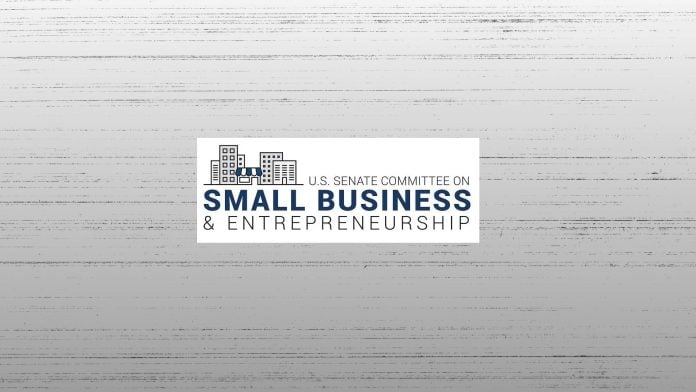Small business owners are often faced with a variety of challenges in their pursuit of growth and stability. Recent developments surrounding the nomination of William Briggs as the Deputy Administrator of the Small Business Administration (SBA) raise several concerns about the level of support small businesses can expect from the federal government.
In remarks delivered on the Senate floor on July 9, Ranking Member Edward J. Markey (D-Mass.) vocally opposed Briggs’ confirmation. Markey emphasized that confirmation would primarily serve President Trump’s interests rather than those of small business owners nationwide. “The Trump administration has failed to be open and transparent with Congress about their activities,” Markey asserted. He highlighted a growing sense of uncertainty regarding the SBA’s capacity to effectively serve the small business community.
Markey’s apprehensions stem from what he described as a lack of transparency regarding essential SBA functions, including disaster assistance and access to crucial capital. He revealed, “We still do not know if SBA has sufficient staff on hand to carry out its core programs.” This raises a critical question for small business owners: if the SBA cannot properly staff its programs, how effectively can they support growth and recovery in the entrepreneurial sector?
With the SBA reportedly facing a proposed budget cut of 33%, Markey voiced serious concerns about the impact this could have on small businesses. The proposed cuts come at a time when many are still recovering from the fallout of the pandemic and need robust support systems more than ever.
The unanswered questions go further—the details regarding which grants and contracts have been terminated due to executive orders aimed at eliminating programs that promote diversity, equity, and inclusion remain unclear. “We still do not know which SBA regional and district offices will be relocated or remain open,” Markey articulated, singling out potential disruptions to services in areas like Springfield, Massachusetts. For small business owners, the closure or relocation of local support offices could significantly hinder access to valuable resources and guidance.
Markey’s remarks also addressed concerns regarding the struggle for transparency within the SBA’s operations. He pointed out how previous promises made by SBA Administrator Loeffler regarding responsiveness and accountability have yet to materialize. Business owners rely on clear communication with government agencies to navigate challenges effectively, and the lack of information could undermine their ability to make informed decisions.
This situation provokes considerations beyond just the confirmation of one individual. Small business owners may find the larger implications of these governance issues affecting their day-to-day operations. In Markey’s view, the willingness of Briggs to communicate transparently during the nomination process is likely indicative of how he would operate in the role. “If William Briggs is unwilling to be forthcoming with committee Democrats during the confirmation process,” Markey cautioned, “you can bet that he will be unwilling to be transparent and unwilling to stand up for small businesses once he has the job.”
As small business owners monitor this unfolding situation, they should consider potential risks associated with diminished support from the SBA. Without a commitment to transparency and accountability from leadership, small businesses may find themselves less equipped to thrive during uncertain times.
Ultimately, while the confirmation process for Briggs may seem a distant issue for small business owners, its ramifications are likely to resonate. Markey’s remarks have set the stage for a broader conversation about the future of small business support at the federal level, and how a lack of clarity can hamper the growth and success of local entrepreneurs.
For further details from Ranking Member Markey, the complete remarks can be found here.
Image Via BizSugar



